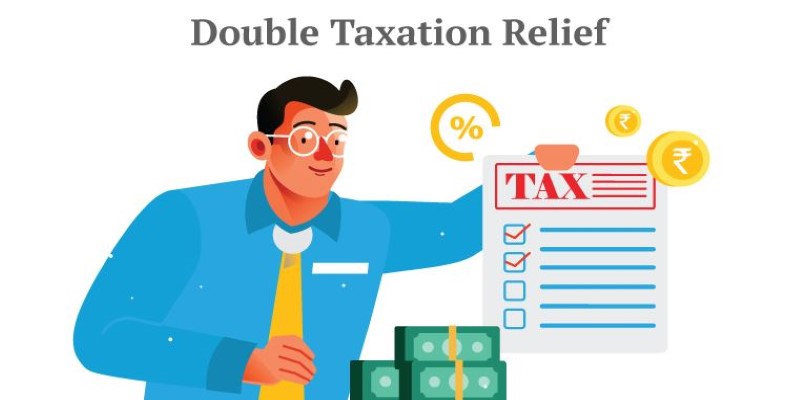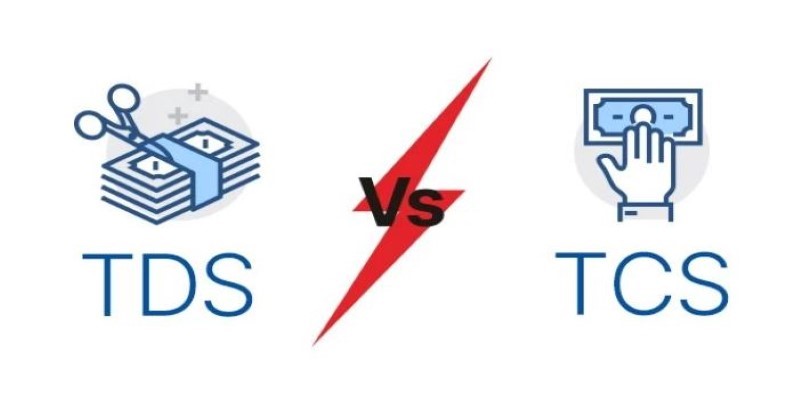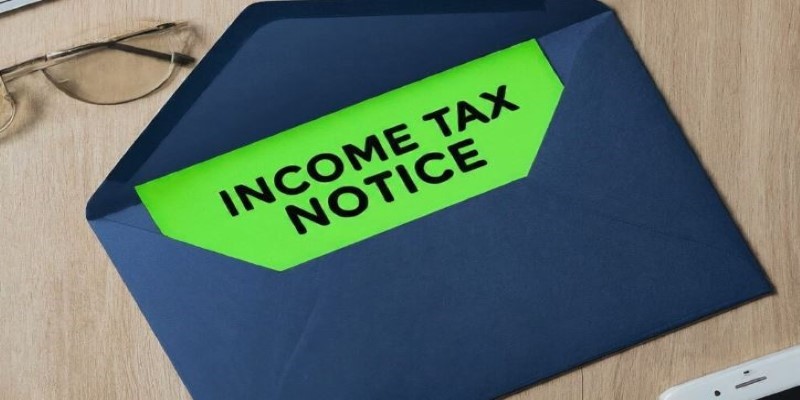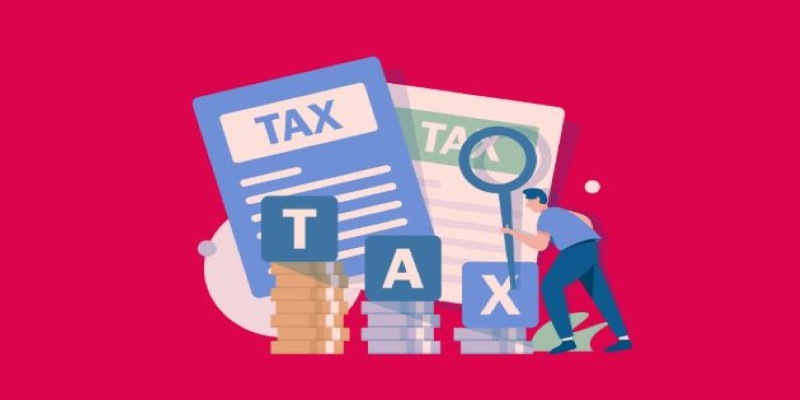Advertisement
Paying tax on the same income in two countries can feel frustrating, especially when you’ve already settled your obligations once. Many people working overseas or earning income from abroad face this situation. Double taxation happens when both your home country and the country where the income was earned impose tax on it. Fortunately, tax systems and international agreements often include ways to avoid being taxed twice. Learning how to get double taxation relief can help you save money and stay on good terms with both tax authorities without unnecessary complications.
Double taxation relief exists to stop two tax authorities from collecting tax on the same income. It's especially relevant if you live in one country but earn income in another through employment, investments, property, or business. Both countries usually claim the right to tax that income, which can lead to paying more than necessary. Relief mechanisms make sure you only pay up to the higher of the two rates, not both combined.
The two main methods of relief are the tax credit method and the exemption method. In the tax credit method, your home country gives you credit for taxes already paid abroad. You report the income, calculate the tax you owe domestically, and then subtract the foreign tax. In the exemption method, your home country simply excludes the foreign income from its tax calculation. Which method applies depends on your home country's rules and any agreements with the other country.
Double Taxation Avoidance Agreements (DTAAs), also called tax treaties, clarify which country has taxing rights over specific types of income. They often lower withholding rates on payments like dividends and interest, and state where employment or business profits should be taxed. If no treaty exists, some countries still offer unilateral relief to ease the burden. Understanding which rules apply in your situation is the first step to claiming relief properly.

Start by collecting all the necessary documents showing your foreign income, where it was earned, and how much tax you have already paid abroad. Keep detailed records such as pay slips, foreign tax payment certificates, and proof of residency in the other country. Without proper documentation, you may not be able to prove that tax was already paid overseas.
Find out if your home country has a tax treaty with the country where you earned income. Treaties are usually published by tax authorities or official government websites. These agreements specify which country has the primary right to tax specific types of income. For example, employment income is usually taxed where the work is performed, while dividends and royalties often have reduced rates agreed between the two countries.
Once you are aware of the applicable rules, file your claim for relief on your home country's tax return. Declare your foreign income, show the amount of tax already paid abroad, and calculate the relief you can claim. Some tax authorities require specific forms for foreign income or treaty relief, so follow the instructions carefully. Accurate and complete filing avoids unnecessary delays or rejections.
If there is no treaty, check if your home country offers unilateral relief. This process is similar — include your foreign income and proof of tax paid, and claim a credit up to the amount of foreign tax paid. This ensures you don’t pay more than the higher of the two countries’ tax rates.
In some cases, the foreign country may have withheld more tax than it was entitled to under a treaty. For example, dividend or royalty payments may be subject to higher withholding at source than treaty rates allow. You can often claim a refund directly from the foreign tax authority. This is separate from your home tax return and usually requires direct communication and additional paperwork.
While double taxation relief can ease your tax burden, the process is not always straightforward. Every country has different rules, forms, and deadlines, which can make things tricky if you’re not prepared. One common mistake is assuming that foreign income is automatically exempt under a treaty. In most cases, you still need to report it and claim the relief. Failing to report the income properly can lead to penalties or interest, even if you were entitled to relief.

Some types of income may not qualify for relief if the income is considered to have been earned in a tax haven or through certain structures designed to avoid taxes. Governments are increasingly strict about these situations. Before assuming relief applies, check whether the income type and the country in which it was earned qualify.
Exchange rate fluctuations can also complicate claims. When converting foreign income and taxes paid into your home currency, make sure you use the official exchange rates specified by your tax authority on the appropriate dates. Incorrect calculations can result in under- or over-claiming relief.
Finally, deadlines matter. Most countries require relief claims to be made within a certain time after the tax year ends, sometimes within a year or two. Missing the deadline can mean losing the right to claim relief altogether. Always check filing dates and requirements in advance.
Double taxation relief ensures you’re not unfairly taxed on the same income twice, making overseas work and investments more worthwhile. By understanding your country’s rules, checking for applicable tax treaties, keeping thorough records, and filing claims correctly, you can reduce your tax burden and stay compliant. Deadlines and documentation are key, so prepare carefully to avoid missing out on what you’re entitled to. Whether through a credit, exemption, or a treaty benefit, relief helps protect your earnings. With some planning and attention, you can meet your obligations while keeping more of your income in your hands.
Advertisement

Understand the difference between TDS and TCS, how each works, who is responsible, and why it matters. A clear and simple explanation for individuals and businesses

Explore the benefits of pet insurance that doesn’t increase with age. Learn how steady premiums can help you plan your pet’s care without worrying about rising costs

Experience the vibrant art scene in Miami through museums, galleries, street murals, and studios.

Plan Glacier National Park visit with tips on permits, trails, shuttles, lodging, gear essentials, and wildlife safety.

Explore the best low-rate savings account alternatives to help your money grow faster without taking big risks. Learn smarter ways to save and earn more

Thinking about banking with Citibank? Learn about account structures, fees, customer support, and Citibank account benefits so you can make informed financial choices

How the custom alerts feature on Groww keeps you updated on your investments with timely notifications, making decisions easier and more informed

Use this helpful guide to explore Louisville, Kentucky using public transport and walking.

Learn the most common reasons you might receive an income tax notice and how to handle it. Understand what triggers notices from the tax department and stay prepared

How to deposit cash into someone else’s account using safe and approved methods. This guide covers shared accounts, ATMs, and money order options for secure transactions

How your state affects pet insurance costs, from veterinary fees and local laws to regional risks. Learn what drives premiums and how to choose the right plan

What a tax haven is, how it works, and its impact on global finance. Learn why individuals and companies use tax havens and how they shape international taxation